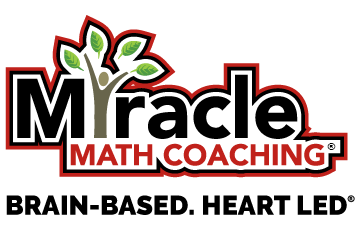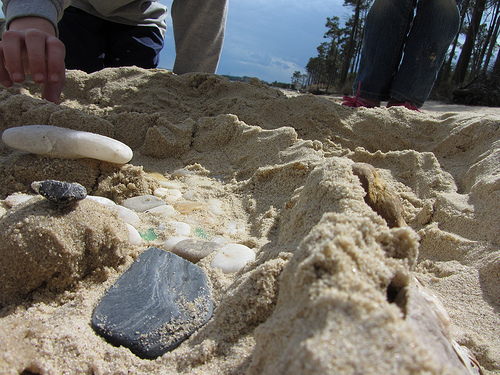Does the Fate of the U.S. Economy Rest on Your Child’s Precious Shoulders?
By Deanna Hurn, Founder and Director of Miracle Math Coaching
The short answer is: “Of course not.”
But if your child likes Math (or at least doesn’t hate it), he or she can help ensure the economy stays strong. To continue as a world economic leader, the United States must dramatically increase STEM jobs – those requiring Science, Technology, Engineering or Math.
And of course, tomorrow’s STEM workers are today’s boys and girls learning how to add, subtract, multiply and divide. And – Surprise! – your child doesn’t even have to be good at Math. But he or she should enjoy solving problems.
Daniel Zaharopol is a scholar and founder of BEAM, (Bridge to Enter Advanced Mathematics), who is putting youngsters on the fast track to learning higher Math. His students go on to compete in international Math competitions and attend universities like Stanford, Harvard and the prestigious Massachusetts Institute of Technology (MIT). When recruiting, he doesn’t even look for students getting straight A’s in Math.
“[My students] don’t have to like school or even like Math class,” he says. But they have to be logical and good communicators.” More important, he says, “I look for kids who take pleasure in resolving complicated problems. Actually doing math should bring them joy.”
If your child likes Math, even if he or she isn’t particularly good at it, you could be raising a future engineer or scientist. They could be a member of the army of STEM workers who will drive the U.S. economy in decades to come. And a strong economy means a better life for everyone – more jobs, higher wages and greater resources for public services like Education and Healthcare.
So how can you nurture a love of Math? In general, encourage your child to be a “thinker.” In a previous post, “How to Raise a Thinking Child,” I listed several ways to do so, including solving puzzles together and asking their opinion often. Also, assure them it’s okay to make mistakes.
And check out my other posts, “7 Videogames that Help your Child or “Screenager” Learn Math” and “A Secret Technique to Help Your Younger Child with Math.”
I know first-hand how challenging it is to generate Math excitement at home. To help, I e-mail my daughters’ Math teachers to find out what they’re learning. Then, I arrange our family activities to include some real life exposure to that concept.
For instance, when Sariah started learning about money, I brought her shopping with me and allowed her to dole out the cash for purchases. And since Ramiyah is learning geometry, we’re going to the Rosicrucian Egyptian Museum & Planetarium in San Jose to see how pyramids were built.
We’re also taking the girls to San Francisco’s Exploratorium, known as the Museum of Science, Art and Human Perception.
And I don’t say, “Today we’re doing this because you’re learning it in class.” Instead, I just spend time with them, and we experience life together. When they learn that concept in class, they’ll make the connection on their own. It’s pretty cool!
If you’re looking for additional academic support for your student or want more parenting ideas come see me anytime but first visit our website at www.miraclemathcoaching.com or call me at 707-398-3474, ext. 2700. Hugs and happiness!







